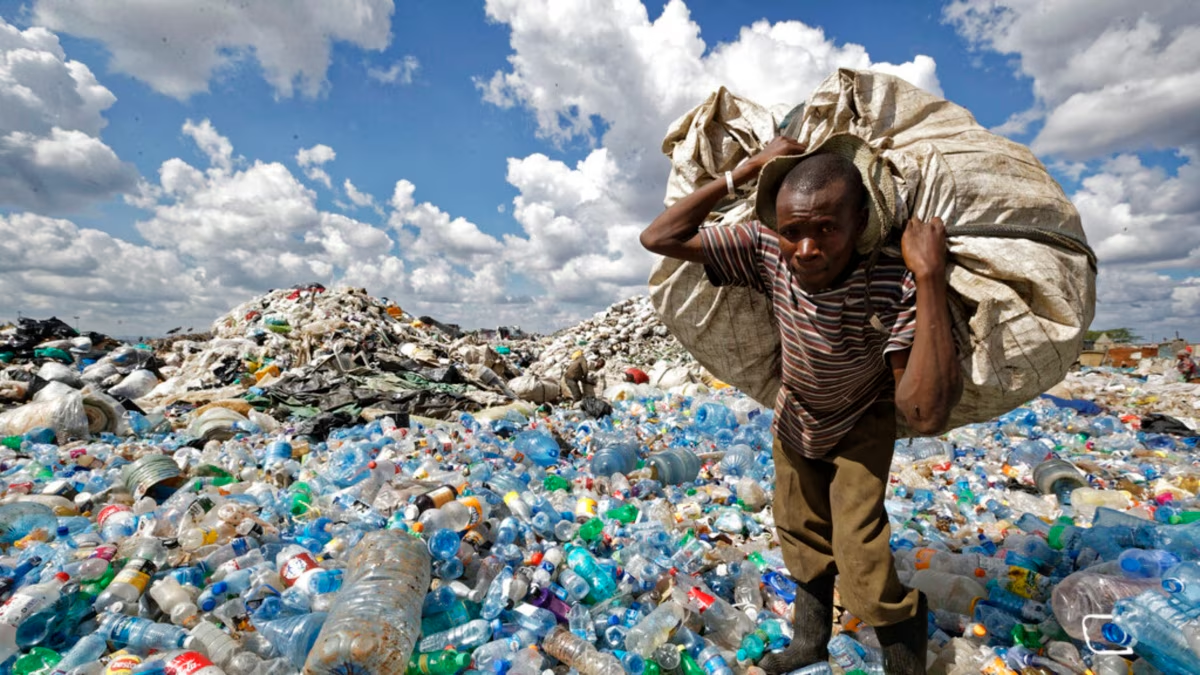A new analysis by the Center for International Environmental Law (Ciel) has shown that the number of fossil fuel and petrochemical industry lobbyists has increased by more than a third at UN talks to agree the first global treaty to cut plastic pollution.
Most plastic is made from fossil fuels via a chemical process known as cracking, and 196 lobbyists from both industries are at the UN talks in Ottawa, Canada, where countries are attempting to come to an agreement to curb plastic production as part of a treaty to cut global plastic waste, according to the analysis.
The 196 lobbyists registered for the talks represent a 37% increase from the 143 lobbyists registered at the last talks, in Nairobi. This in turn was a 36% increase on the previous year’s number. Increased plastic production is a major part of the fossil fuel industry’s plans for the future, and any attempts to curb production, such as those being discussed at the UN talks, are an obvious threat to their profits.
Read also: IEA says Global battery rollout doubled last year
According to Carbon Tracker, BP expects plastics to represent 95% of net growth in oil demand from 2020 to 2040, and the International Energy Agency estimates plastic demand will make up 45% of growth for oil and gas mining to 2040.
Fossil fuel and chemical industry lobbyists are also gaining greater access to sessions with member states to push their agenda, according to Ciel.
They outnumber the delegates from the European Union, and there are three times more fossil fuel and chemical industry lobbyists than independen
“The outcome of these talks is of critical importance to countries and communities around the world, and it is vital to expose and confront the role of corporations whose agendas are fundamentally in conflict with the global public interest. Access to the negotiations is just one piece of the puzzle,” said Delphine Lévi Alvarès, global petrochemicals campaign coordinator at Ciel.
Story was adapted from the Guardian.
